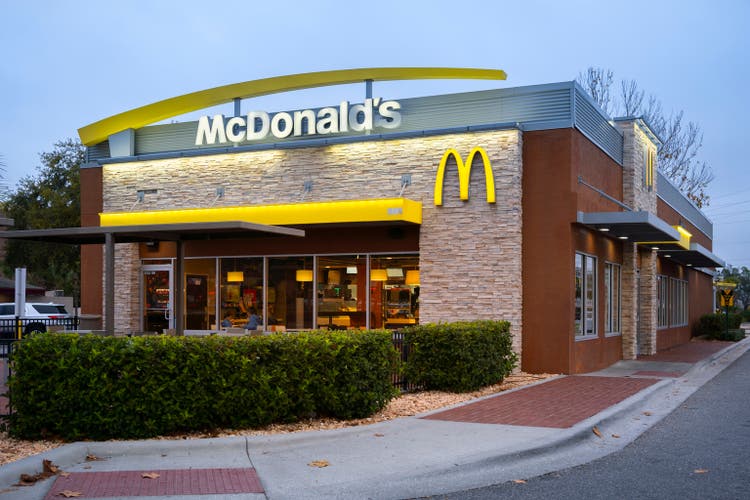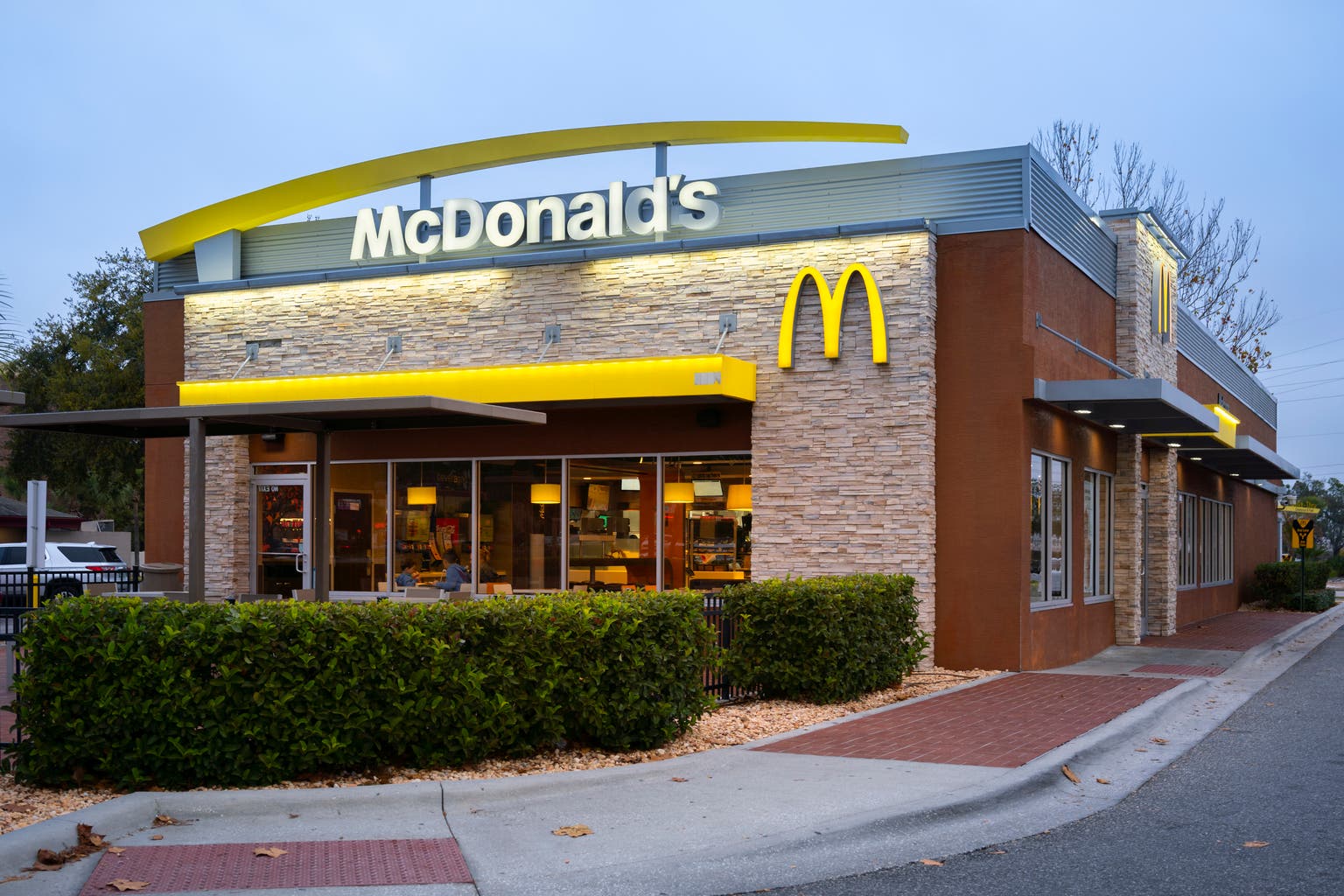
M. Suhail
Listen below or on the go on Apple Podcasts and Spotify
The Minecraft Movie Meal helped sales at McDonald’s rebound. (0:10) Super Micro shares tumble. (2:21) Telsa, Musk sued over robotaxi. (2:46)
This is an abridged transcript of the podcast:
Our top story so far, McDonald’s (MCD) staged a comeback after topping expectations with its Q2 earnings report.
Global comparable sales turned positive again after a decline in Q1. The +3.8% increase in the quarter was well ahead of the consensus estimate for +2.5%.
A meal tied to “A Minecraft Movie,” which was offered in 100 countries starting in April, lured customers. McDonald’s said it sold out of its collectible figures in less than two weeks.
U.S. comparable sales were +2.5% vs. +2.3% consensus and the decline of -3.6%in Q2, which stood as the worst comparable sales growth tally since the pandemic. The company said the comps in the U.S. were primarily driven by positive check growth.
The International Operated Markets segment reported a 4% rise in comparable sales during the quarter vs. +1.8% consensus. All markets reflected positive comparable sales.
Among other stocks moving on earnings, Disney (DIS) saw strong momentum in its entertainment direct-to-consumer segment and in the theme parks business, which helped it deliver a profit beat in the third quarter and raise forecasts for the year. But slightly weaker operating metrics for streaming platforms offset that outperformance.
SA analyst Luca Socci said: “While streaming gains subscribers at a moderate pace, Disney continues to cannibalize its results due to the decline in legacy TV.”
For the full year, the company expects adjusted EPS of $5.85, raised from the prior guidance of $5.75 and above the $5.77 consensus.
Looking at the current quarter, Uber expects gross bookings to increase another 17% to 21% to $48.25 billion, contributing to 30% to 36% growth in adjusted EBITDA to a range of $2.19 billion to $2.29 billion.
KeyBanc analysts said: “We maintain that gross margins are likely to be under pressure in the (near term), where a ramp toward SMCI’s (long-term) guide of 15-17% is unlikely in FY26.”
Filed in Austin federal court, the lawsuit follows Tesla’s first public test of its robotaxis in Austin late June that showed the cars speeding, braking suddenly, entering the wrong lane and making dangerous maneuvers, such as dropping passengers in the middle of busy roads.
The test sparked a 6.1% drop in Tesla’s stock over two trading days after it began, wiping out $68 billion in market cap.
Shareholders claim Musk and Tesla repeatedly overstated the effectiveness of and prospects for their autonomous driving technology, inflating financial prospects and the stock price
And in the Wall Street Research Corner, Citadel Securities strategist Scott Rubner says fast-money investors – those prioritizing short-term returns – are poised to reach full exposure to U.S. equities by September. And systematic funds will likely exhaust their buying power by the end of August.
Systematic funds follow a rules-based, quantitative or algorithm-driven approach to investing.
This shifting landscape could leave markets more vulnerable to macroeconomic headlines and downside shocks as summer trading patterns wind down, Rubner said.
“The competition for ‘dip alpha’ is intensifying,” he added, noting that August has revealed an equity supply-and-demand mismatch that will likely reverse in early September.
“Looking at the past 100 years, the S&P 500 tends to rally during the month of August, closing the month on the highs,” Rubner noted. He attributed this pattern to “the number of vacations, pool parties, and the general unwillingness to put on a new short during August,” while warning that market participation typically slows during the transition from August to September.

